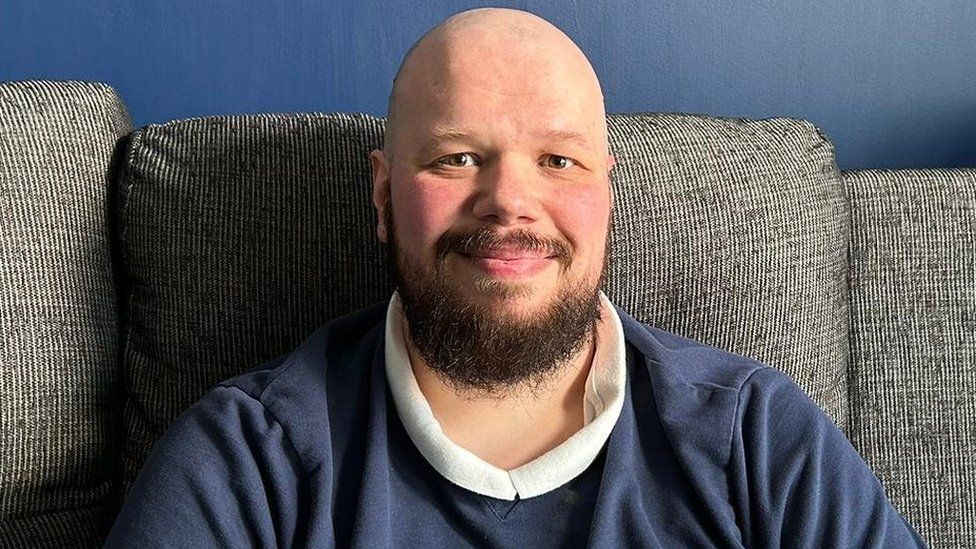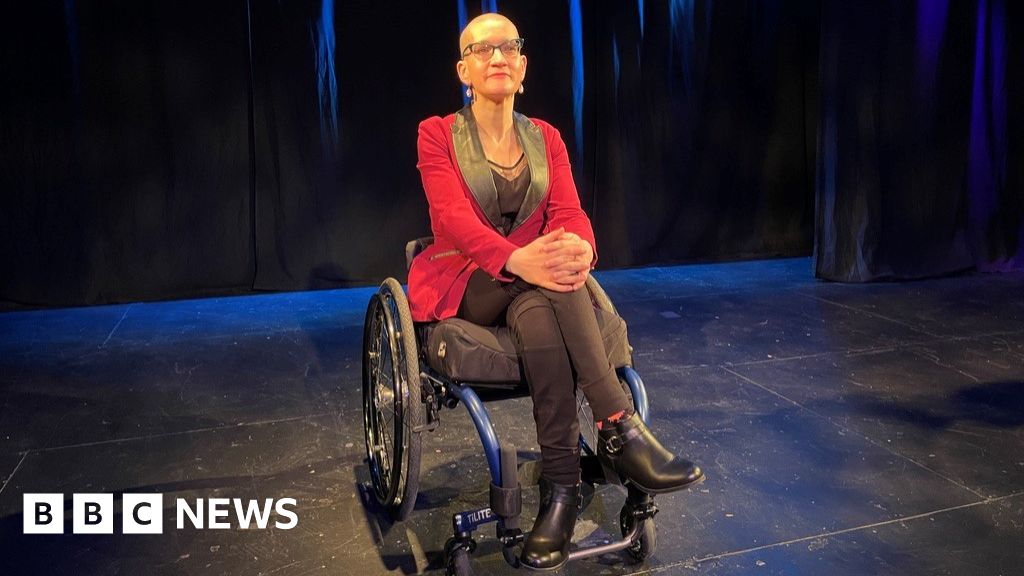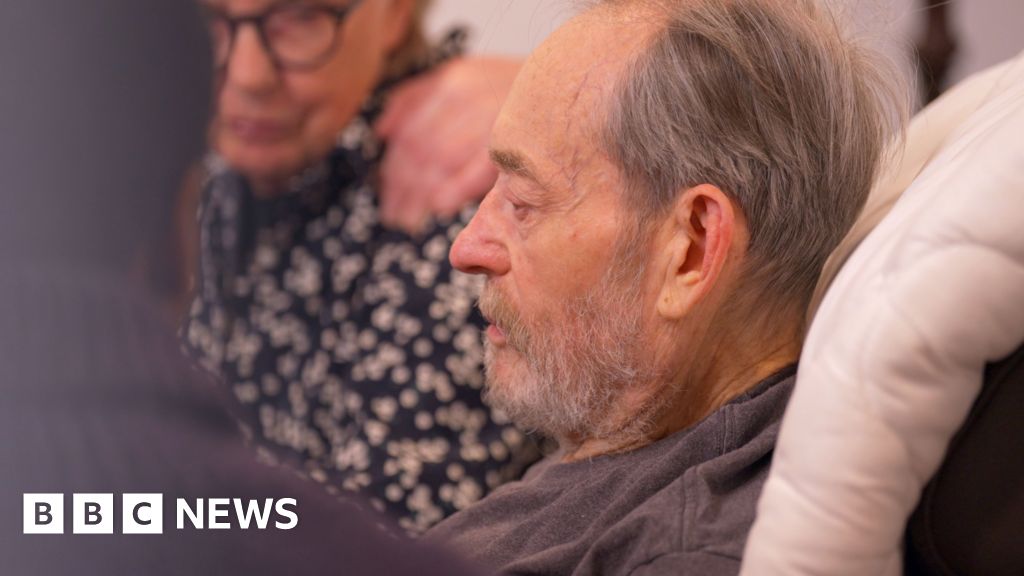ARTICLE AD BOX

Adam Crathorne has lost six stone (38.1kg) since having an endoscopic sutured gastroplasty
By Philippa Goymer
BBC News
A hospital in Darlington has become the first outside London to use a pioneering new surgery to help people combat obesity. Surgeons can carry out the operation without the risk of having to cut the patient open. The BBC spoke to some of the patients about their experience.
For Adam Crathorne, the surgery was a lifeline.
Several years ago, the 34-year-old from Ferryhill in County Durham had a stoma fitted due to pre-existing conditions. In 2022, he wanted it removed.
But during the coronavirus lockdowns the father-of-two had gained weight, reaching more than 27 stone (171.5kg), which made the procedure "far too risky".
He had little success at traditional weight loss clubs so was referred to Akeil Samier, a consultant bariatric surgeon at Darlington Memorial Hospital.
Abdominal scars from previous operations made Mr Crathorne unsuitable for regular surgeries, so Mr Samier suggested they try the new endoscopic sutured gastroplasty (ESG).
Image source, Adam Crathorne
Image caption,Adam Crathorne weighed more than 27 stone (171.5kg)
An ESG is carried out under general anaesthetic with a surgeon inserting a small camera into the patient's stomach via their mouth.
Attached to the camera is a tiny stitching device, involving a fine needle and permanent sutures.
With the help of the camera, the endoscopist stitches the stomach from the inside to shrink it to less than half of its normal size and reduce its food capacity.
'Real lifeline'
"Whilst the normal stomach is usually able to expand following food, after this procedure expansion is usually restricted, meaning the patient will feel incredibly full after a small meal," Prof Anjan Dhar, consultant gastroenterologist and endoscopist said.
Mr Crathorne said: "It felt like a real lifeline, a chance to lose weight so I could have the stoma reversed."
The surgery went well and in the first year he has lost six stone (38.1kg), with his weight now down to 21 stone (133.4kg).
Adam Crathorne said the surgery changed not only his life, but those of his wife Elizabeth and their children Abigail-Sophia and Marcus
"Initially, I could only have liquids, moving to soups and a soft diet," he said.
"Small portions are here to stay and my approach to eating and food has changed for the better.
"I'm hoping to have the stoma reversed in the near future. The weight loss itself has made a big difference to my life.
"My children have noticed and love that I'm becoming more agile.
"Friends and family and, of course, my wife, Elizabeth, have noticed the weight loss and tell me I look a great deal better for it.
"My bank balance has certainly noticed - I've had to buy a whole new wardrobe of clothes."
Jools Aspinall had the procedure on Thursday
Jools Aspinall is the latest to have the procedure, having undergone surgery on Thursday.
The 49-year-old grandmother from Darlington had decided on her eldest son's wedding day that enough was enough.
Standing in a size 30 dress at the ceremony in the spring of 2022, she knew something had to change.
She had struggled with her weight since she was 21 and gained five stone (31.8kg) when she had her first child.
She approached her GP and asked to see if she was eligible for weight loss surgery.
Consultants Anjan Dhar and Akeil Samier said the new surgery reduces the risk posed by making incisions
When she was referred to Darlington Memorial Hospital, she was told she would be able to have an ESG because of a pre-existing issue with her liver.
Speaking the day before the surgery, she said she was "excited" and could not wait for her "new life".
Seeing the success of patients has been "enormously satisfying", Prof Dhar said, adding the new technique was "much less risky" than traditional methods which would involve the patient being cut into.
'Life changing'
Mr Samier added: "Some people who have become very overweight are keen to undergo surgery, recognising that their obesity is causing or adding to other serious health conditions like diabetes, heart disease or stroke.
"Unfortunately, those health conditions can also make surgery by traditional techniques which involve an incision, too risky.
"This new endoscopic procedure can be life changing."
Surgeons at Darlington Memorial Hospital have carried out about a dozen endoscopic sutured gastroplasties
After surgery, it is anticipated a patient will lose around 12% of their weight in the first year.
Prof Dhar said: "There's evidence that this can be so transformational that in around 30% of people using diabetes medication are able to come off it.
"There is also evidence of a reduced risk of heart problems or stroke and of overall health improvement."
Related Internet Links
The BBC is not responsible for the content of external sites.

 1 year ago
30
1 year ago
30








 English (US) ·
English (US) ·